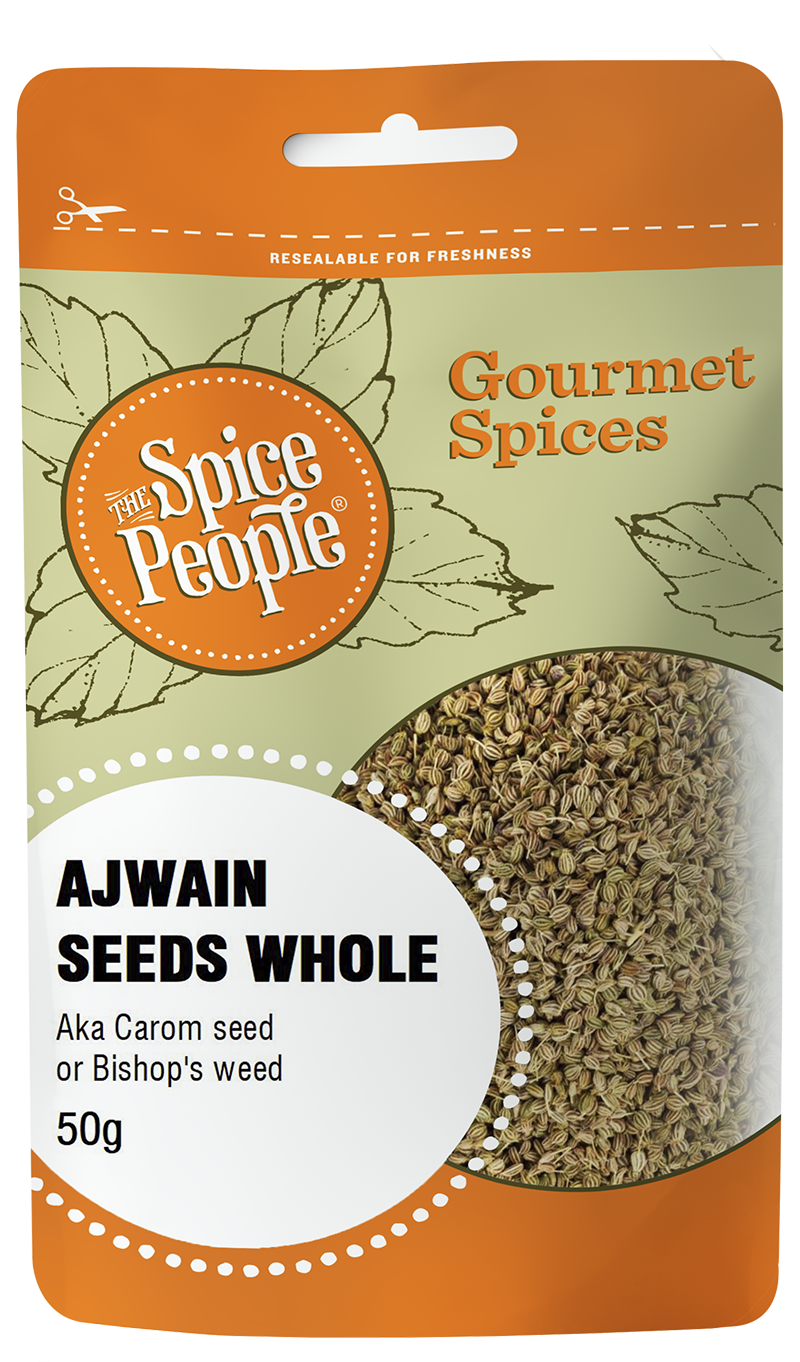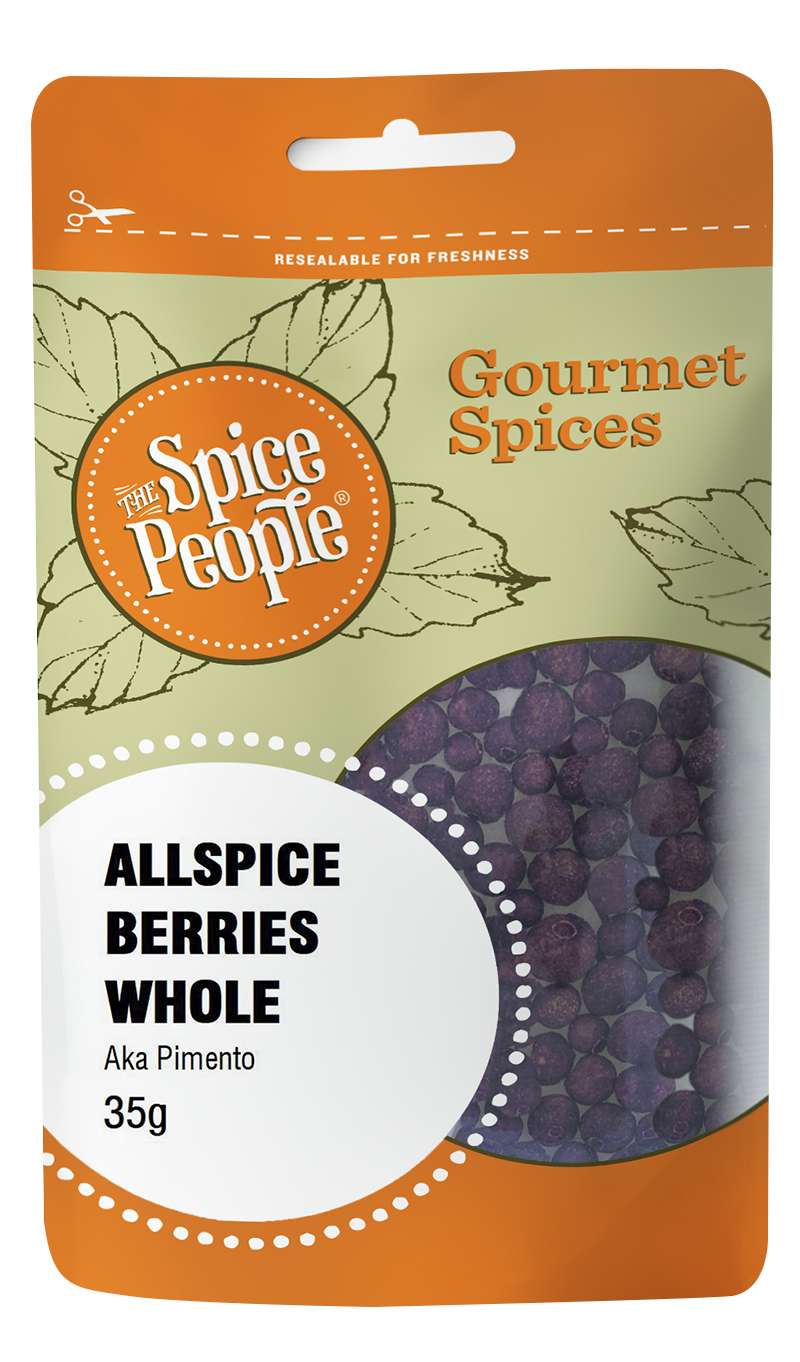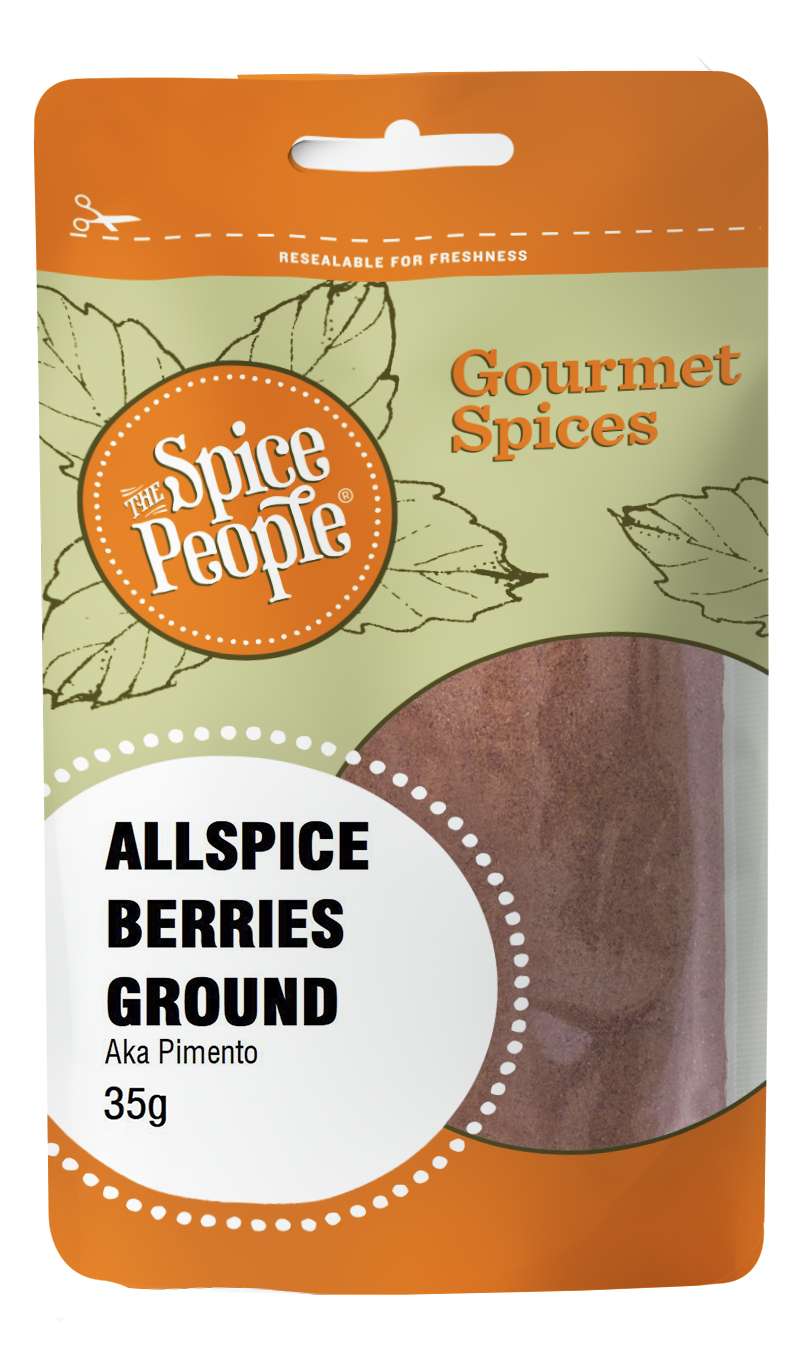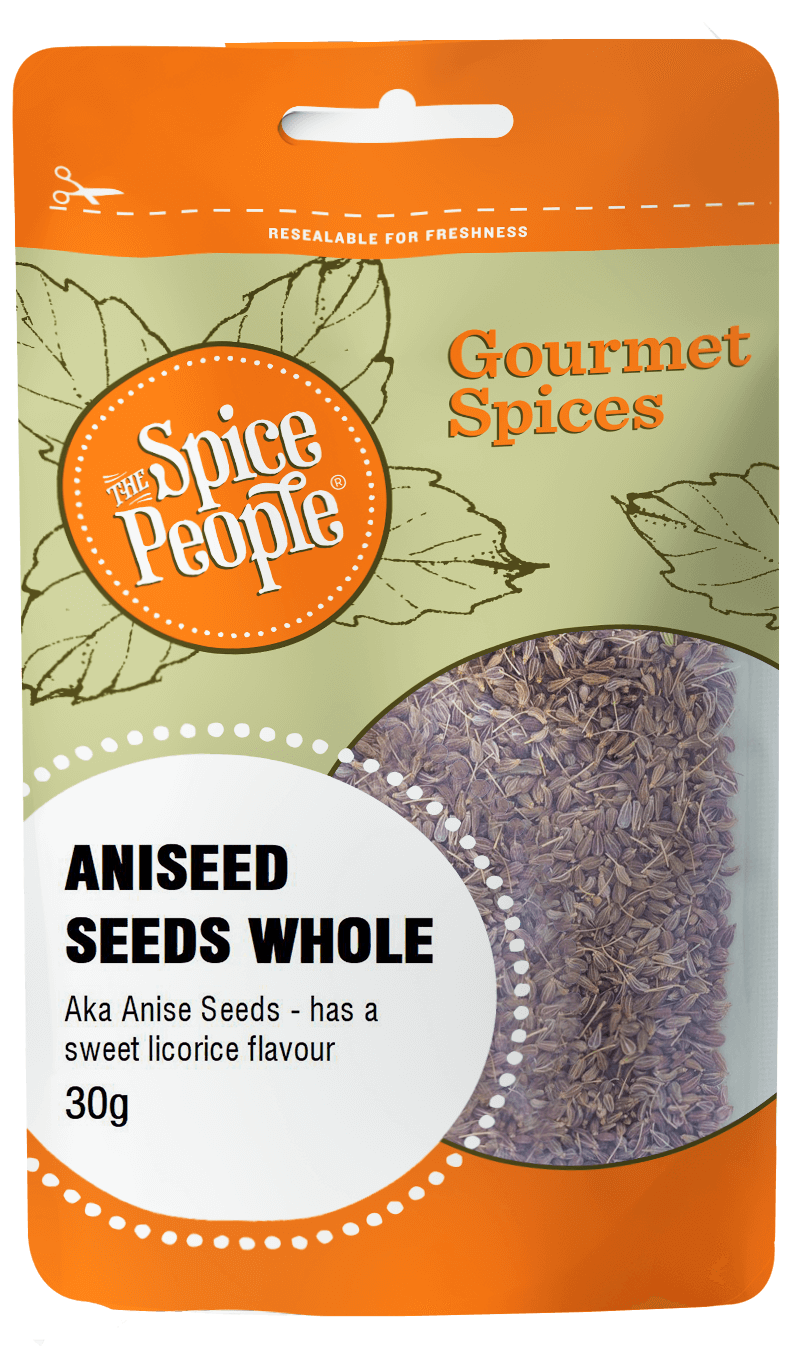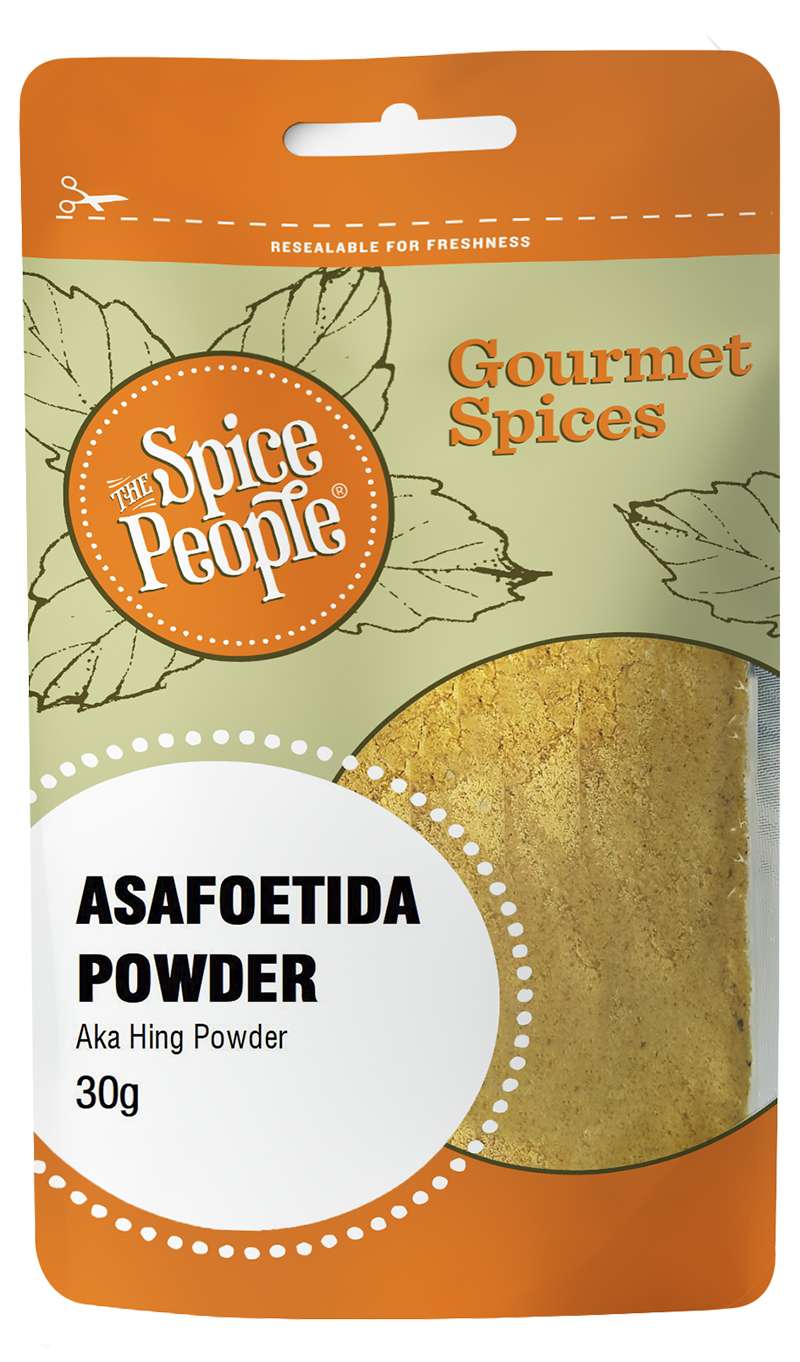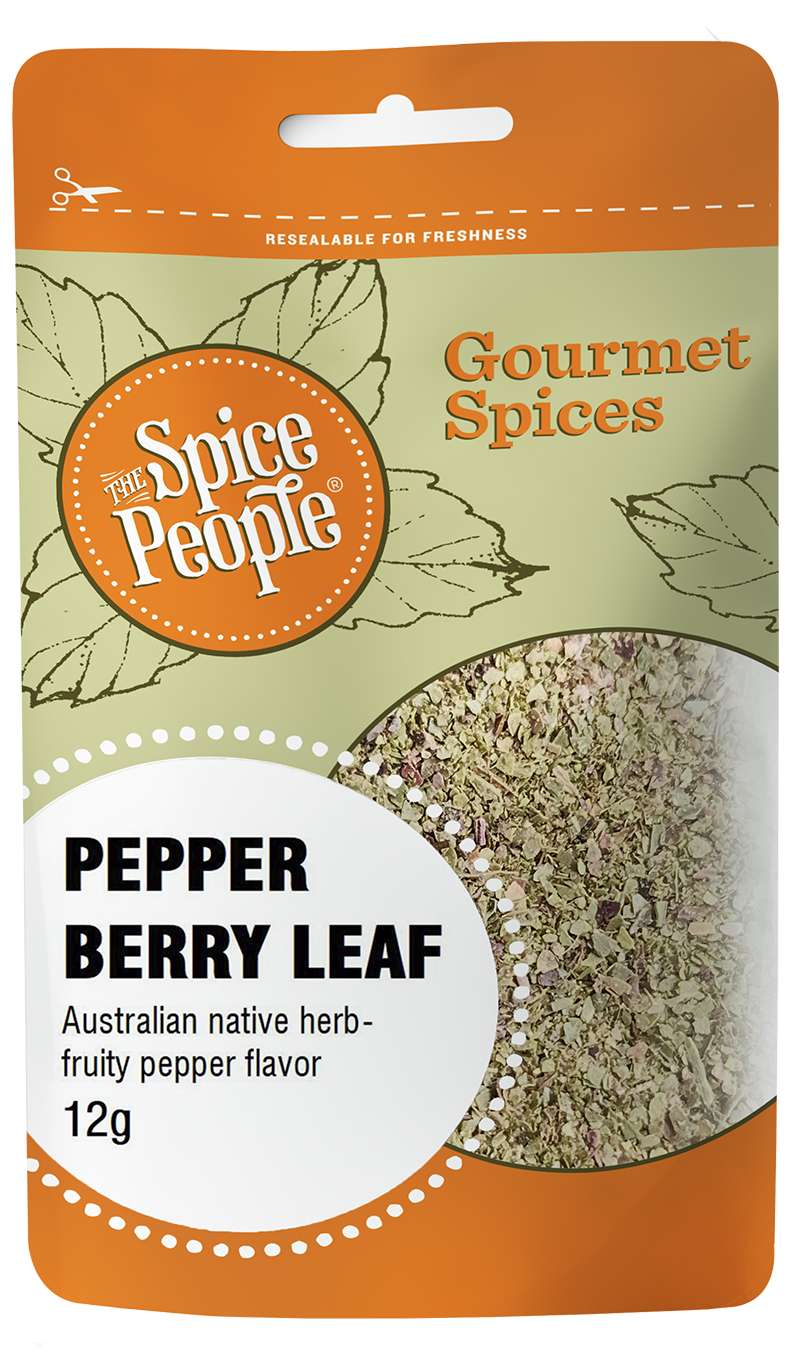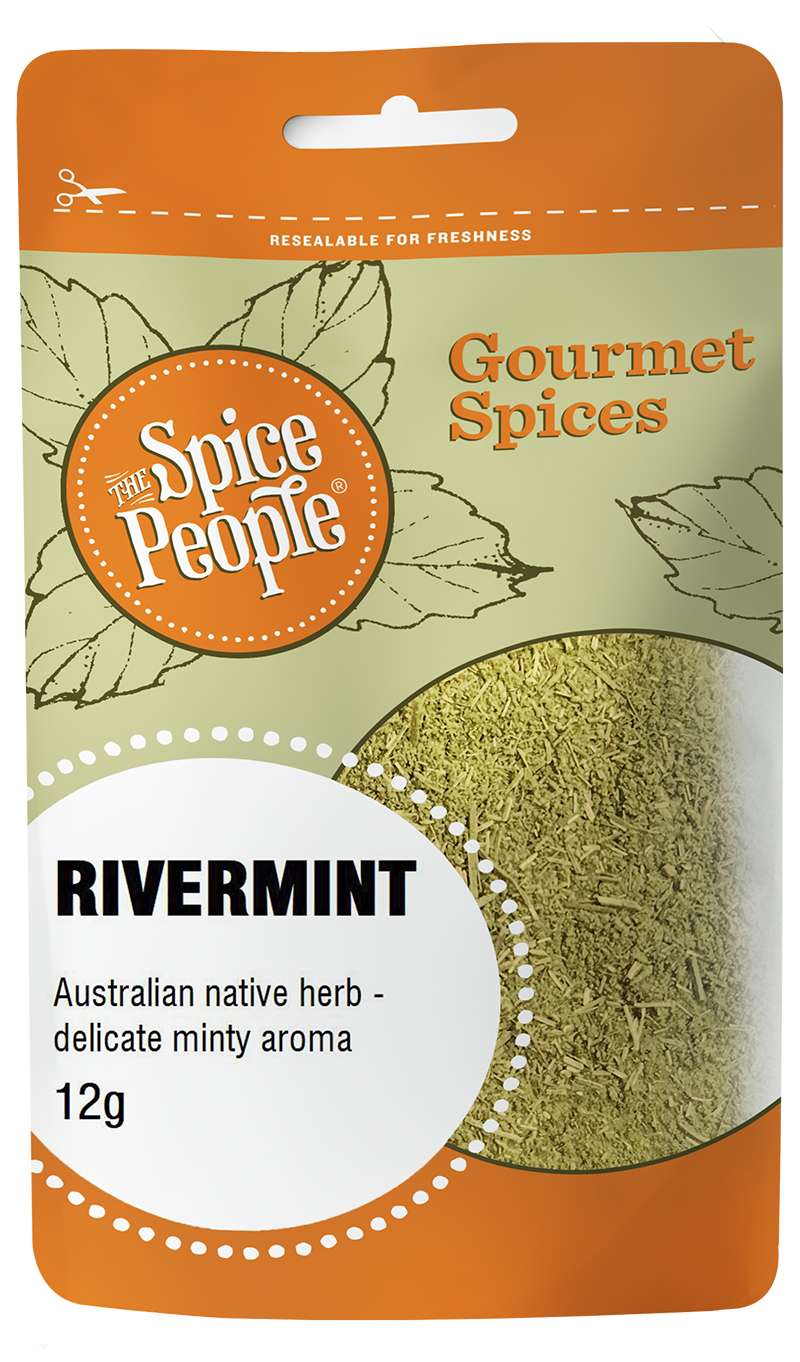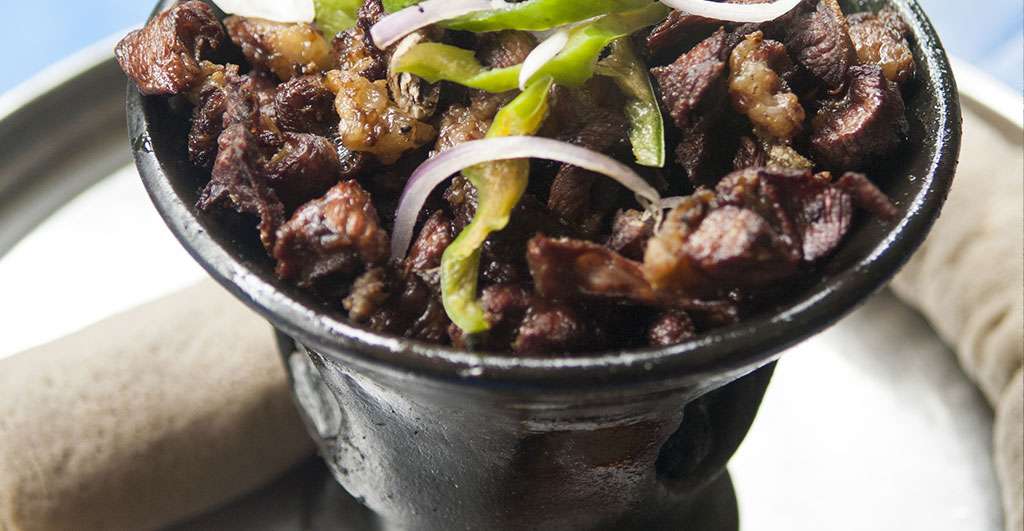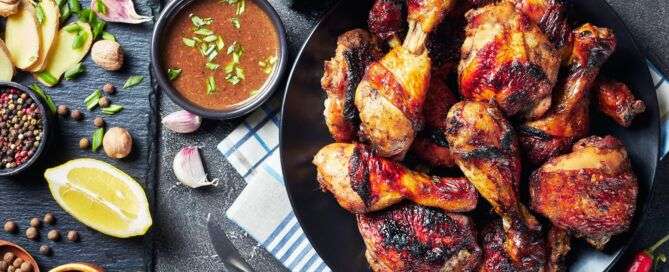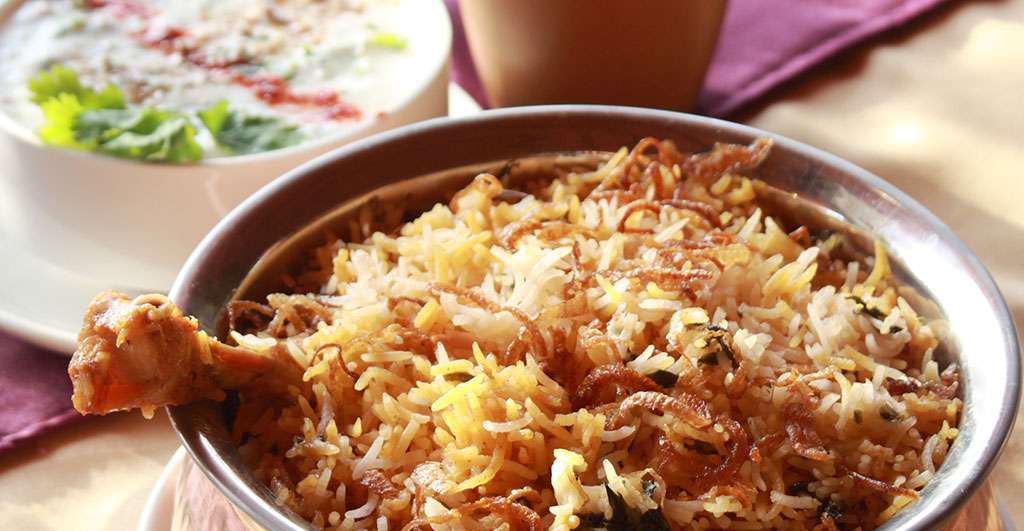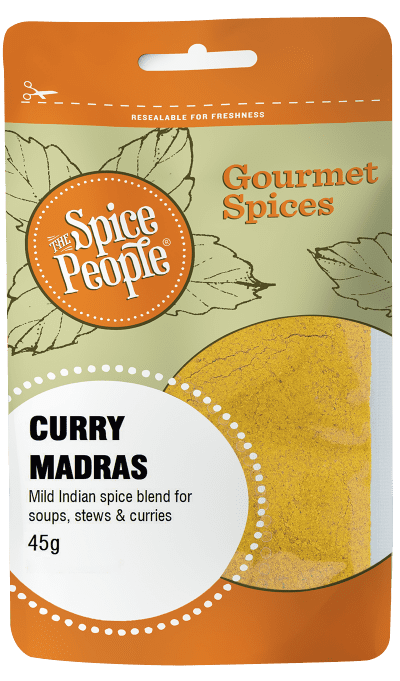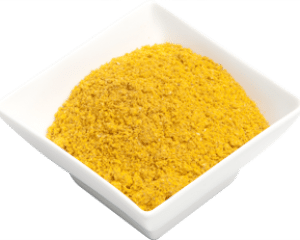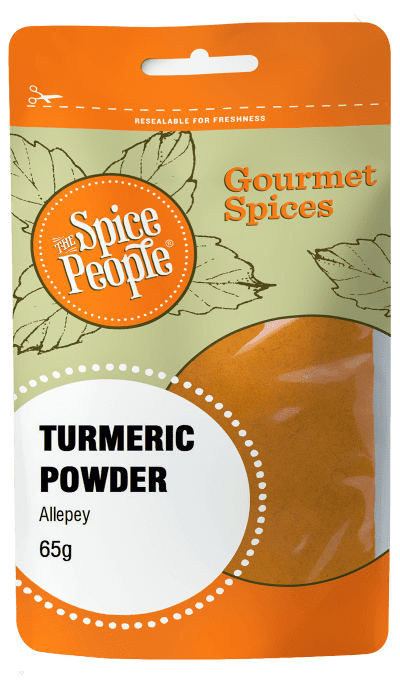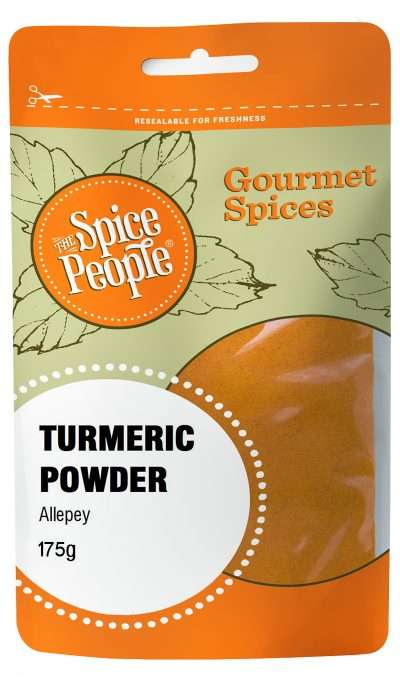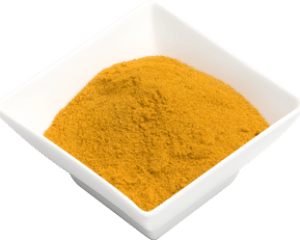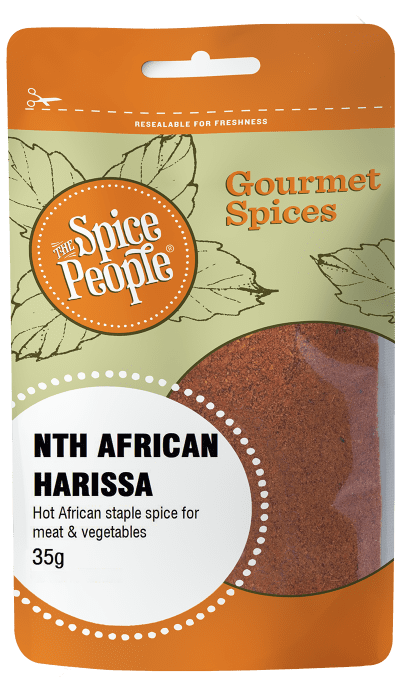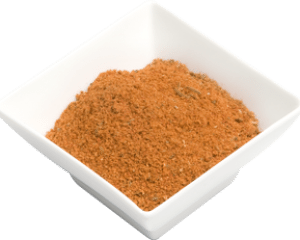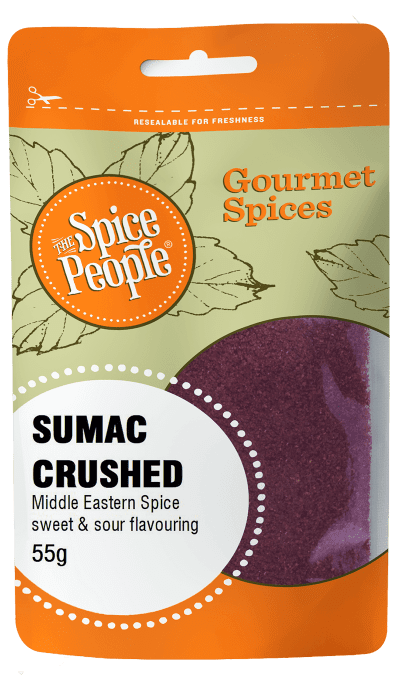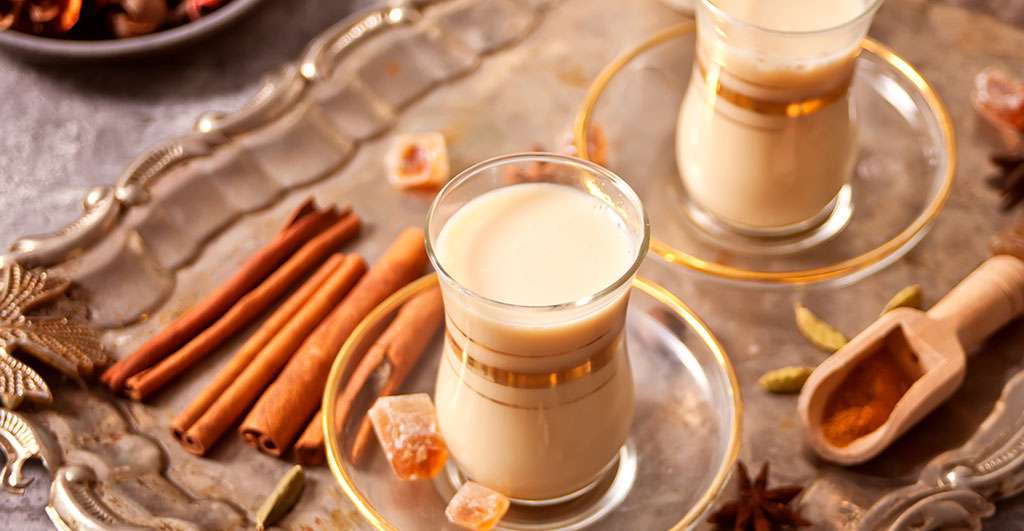Anise seed whole, an immune building spice
Anise seeds Anise (Pimpinella anisum) is a plant belonging to the Apiaceae family. The oblong-shaped fruits of this plant,…
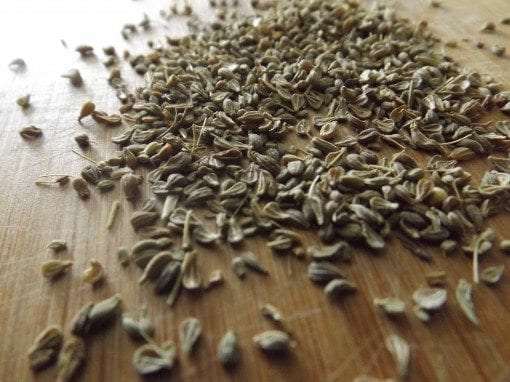

Anise seeds
Anise (Pimpinella anisum) is a plant belonging to the Apiaceae family. The oblong-shaped fruits of this plant, which are more commonly referred to as anise seeds or (aniseeds seeds), are used all around the globe as a culinary ingredient.
The main reason behind the herb’s popularity as a culinary ingredient is its amazing flavour. The incredible versatility of the herb makes it a great addition to tea recipes, sweet biscuit recipes, as well as savoury spice blend recipes, especially with pork or duck.
The Difference between anise seeds, star anise, fennel seeds, and licorice
Due to significant similarity in flavour, aniseed seeds are often confused with star anise and licorice. However, the fact is that the ingredients are completely different from each other Anise seed belongs to the Apiaceae family. It is related to other common cooking spices, including caraway, dill, and fennel.
Star anise happens to be a star-shaped fruit from the magnolia family. Licorice, on the other hand, belongs to the Fabaceae family. It’s actually the root of Glycyrrhiza glabra. The reason for which these three completely unrelated plants produce similar flavours is the common flavouring compound present in them. Each of these three spices contains a substance known as anethole.
Health benefits
Individuals who are looking to experience the health benefits offered by aniseed seeds should start consuming tea prepared using spice. Anise is well-liked for its licorice-like taste, which creates a sweet and enjoyable tea. Anise seed tea is not only pleasing, but it is also beneficial for relieving common problems such as an upset stomach and congestion.
You will just need boiling hot water and some crushed aniseed seeds for preparing this aromatic tea. For maximum benefits and savouring the flavour perfectly, have the tea without milk. However, many around the world also love adding milk to aniseed tea. Adding sugar or sugar substitutes is also optional.
Packed with Micronutrients
Anise seeds are packed with important micronutrients such as proteins, monounsaturated fats, omega-three and omega-six fatty acids, fibre, minerals such as copper, iron, calcium, potassium, phosphorus, manganese, selenium, zinc, and magnesium, and vitamins like vitamin A, B1, B2, B3, B5, B6, C and E. The best part? It contains no sugar. Calcium and manganese help in promoting bone health, while iron helps the formation of red blood cells.
Antioxidant Properties
The antioxidants present in anise seeds regulates Blood Pressure and Circulation, promotes heart health, protects livers and detoxifies the body. Vitamin C and E also act as antioxidants and protects skin from UV rays and sunlight. It also provides healthier-looking skin.
Improves Sleep
Anise seeds have sedative chemicals. It is involved in neurotransmitters and hormones dependent reactions, which improves sleep. For the same reason, it improves anxiety and stress. It reduces oxidative stress, which reduces the risk of neurological disorders such as Alzheimer’s, Parkinson’s, stroke, Multiple Sclerosis (MS), depression, and brain cancer.
Anise seed also contains powerful antidepressant properties. It is also effective in reducing postpartum depression by increasing serotonin release.
Respiratory Problems
Drinking a herbal infusion made from anise seeds can also be beneficial for common respiratory problems. As an anti-spasmodic, anise will help to ease coughing. With expectorant properties, it can also relieve congestion, clearing mucus from the airways. With good anti-microbial properties, it is also helpful for fighting a bacterial or viral infection.
A steaming cup of tea can help with bronchitis, the common cold, and any persistent coughing. here is a delicious anise tea recipe
Soothing Anise Herbal Tea For Sore Throats
- 1 tbsp. Anise seeds
- 1 tsp. Lavender
- 1 tsp. Elder Berries
If symptoms are persistent, be sure to see your doctor.
Digestive Problems
Infusing crushed anise seeds in boiling water is a gentle, natural remedy for many digestive issues. Drinking anise tea is beneficial for gas, indigestion, and an upset stomach. It can even be used to help with colic — a nursing mother can drink a cup of tea and pass on the soothing benefits to the baby. Another option is to give a child anise water with a medicine dropper, although always talk to your pediatrician first.
Anise seed is good for relieving digestive problems because it has anti-spasmodic and carminative properties, easing the stomach and supporting digestion. For stomach issues, it blends well with fennel and caraway.
Increasing Milk Flow
Drinking this aromatic tea regularly can also benefit nursing mothers. Anise seed encourages milk production due to a mild oestrogenic effect. For the same reason, it may help with low libido and menopausal symptoms. This herb is safe for nursing mothers but always talk to your doctor before using any form of herbal medicine if you are pregnant or breastfeeding. To help increase milk flow anise seed can be blended with fenugreek.
How to use Anise seeds in cooking
Aniseed seeds produce a sweet flavour and are used to prepare a range of sweet and savoury dishes. Their use in beverages is also pretty common. You can heighten the flavour of these seeds even further by toasting them gently. The easiest way of preventing evaporation of the volatile essential oils of aniseed seeds is adding freshly ground powder of the same to the dishes at the very last moment.
We have already mentioned that the flavour of aniseed seeds is significantly similar to that of star anise. Both have sweet licorice-like tastes with a slight peppery touch. However, the flavour produced by star anise is significantly stronger than the flavour of aniseeds. That’s possibly the reason why star anise is mostly used for preparing meat recipes (especially those involving the use of pork and duck meat) and its use is comparatively uncommon in recipes for cookies and biscuits.
Anise seeds, on the other hand, are frequently used for preparing sweet treats. It’s in fact one of the most favourite spices of dessert chefs around the globe. Use of the ingredient is also common in biscuit and cookie recipes. Preparing basic anise seed cookies is extremely easy. Just add a spoonful of roasted anise seeds to a traditional sugar cookie base, divide it into cookie moulds of your choice, and bake. You will get a jarful of crunchy anise seed cookies. The butter added to the cookie base never competes with the characteristic licorice flavour of anise and allows the seeds to shine. These anise seed cookies taste best when served with coffee and make one of the most popular sweet treats served during Xmas. You can try our favourite anise seed cookie recipe here
Anise is one of the main ingredients of Pizzelle aniseed seed cookies. These cookies are prepared from cookie dough shaped using a specially designed Pizzelle iron, which works like a traditional waffle iron (both help in creating a pattern on cookies). Other than creating a pattern on cookies, a Pizzelle iron also helps in preparing crisp, thin cookies. The combination of vanilla extracts, butter, and anise seeds provides these cookies with a lip-smacking flavour.
You can enhance the taste of steamed rice by cooking it with roasted anise seeds, raisins, and nuts. This recipe tastes best when served with a spicy side dish made using chicken or red meat.
The use of aniseed seeds is extremely common in Chinese recipes. The famous five-spice powder used in Chinese recipes includes both aniseed and star anise and two main ingredients; the other three ingredients used for preparing this spice blend are Szechuan pepper, cinnamon, and cloves.
Anise seeds gain significant popularity, particularly during Christmas and New Year. That’s because it is frequently used for preparing the spice mixtures required for making mulled wine and gingerbread, two of the most widely served items during the holiday season. You can use the spice even for flavouring savoury stews. The seeds harmonize amazingly particularly with root veggies such as red cabbage and carrots, both of which are common ingredients of savoury stews. You can also use anise for preparing waffles. Many traditional waffle recipes involve the use of these flavoursome seeds. Aniseed waffle tastes best when served with a spoonful of honey.
Is it safe to eat anise seeds?
Anise seeds are considered safe to be consumed like all other spices for most people. In case you are allergic to fennel, celery, parsley or dill, it can trigger allergies in your body. As it mimics estrogen, it can worsen medical conditions such as breast cancer or endometriosis. People using insulin should be careful in using it since it lowers blood sugar levels.
Make sure to buy a Chinese variety of star anise. Don’t go for the Japanese variety since it is poisonous and inedible. Some products contain traces of Japanese variety. Adults might be able to tolerate it, but infants can’t.
The seed and oil of anise are used in medicines and sometimes root and leaf as well. Safe doses range from 600 mg up to 20 grams per day for healthy adults.
What can I substitute for anise seeds?
Substituting the spices While it’s true that spice geeks will never be ready to substitute anise and star anise with each other in case one is unavailable. However, doing so is very much possible. As star anise has a much stronger flavour compared to that of the regular aniseed seeds, using a teaspoon of ground aniseed seeds instead of half a teaspoon of ground star anise had been found to help in creating a very similar taste.

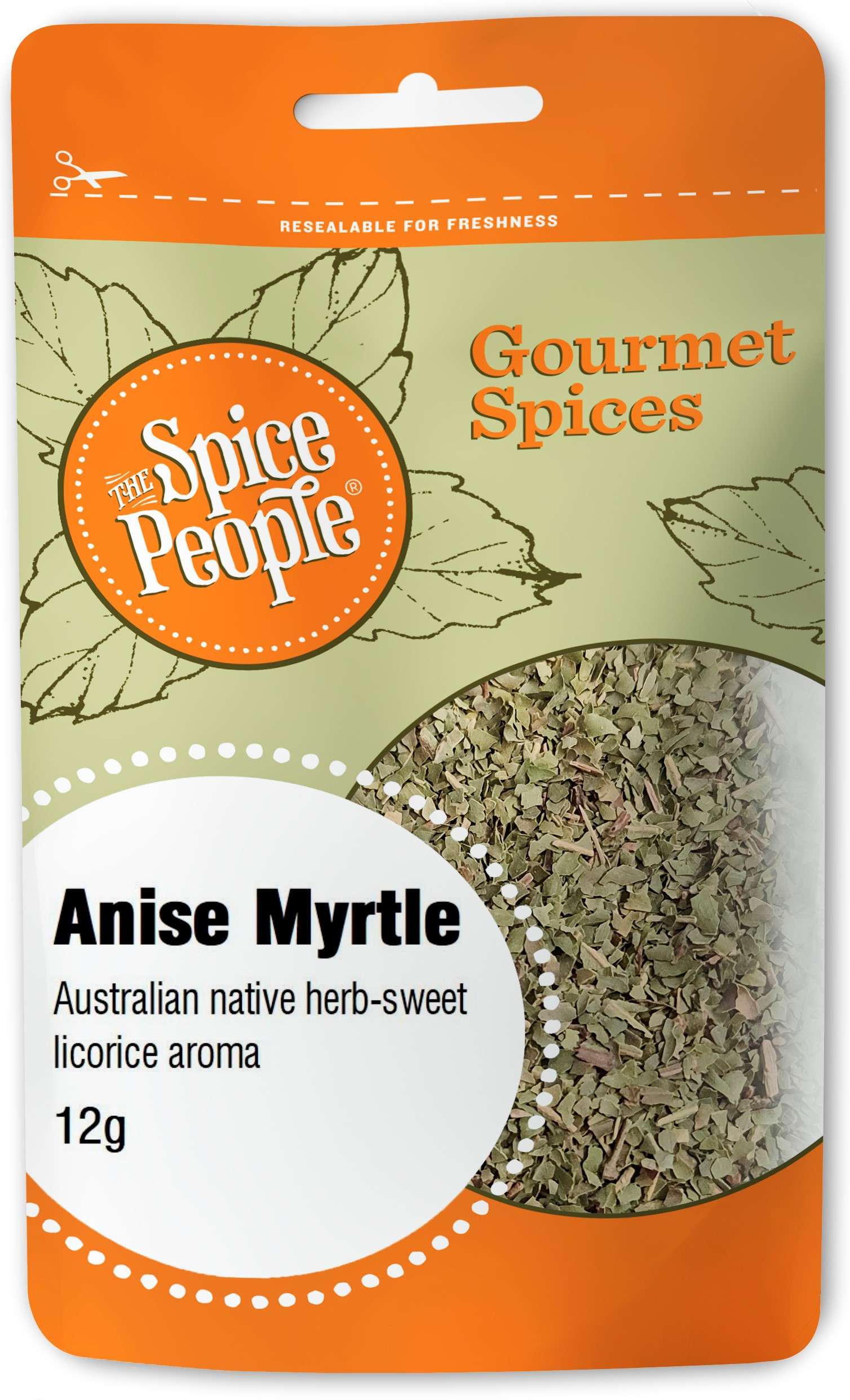
Australian Native Anise Myrtle – 12g
Original price was: $4.99.$3.49Current price is: $3.49.
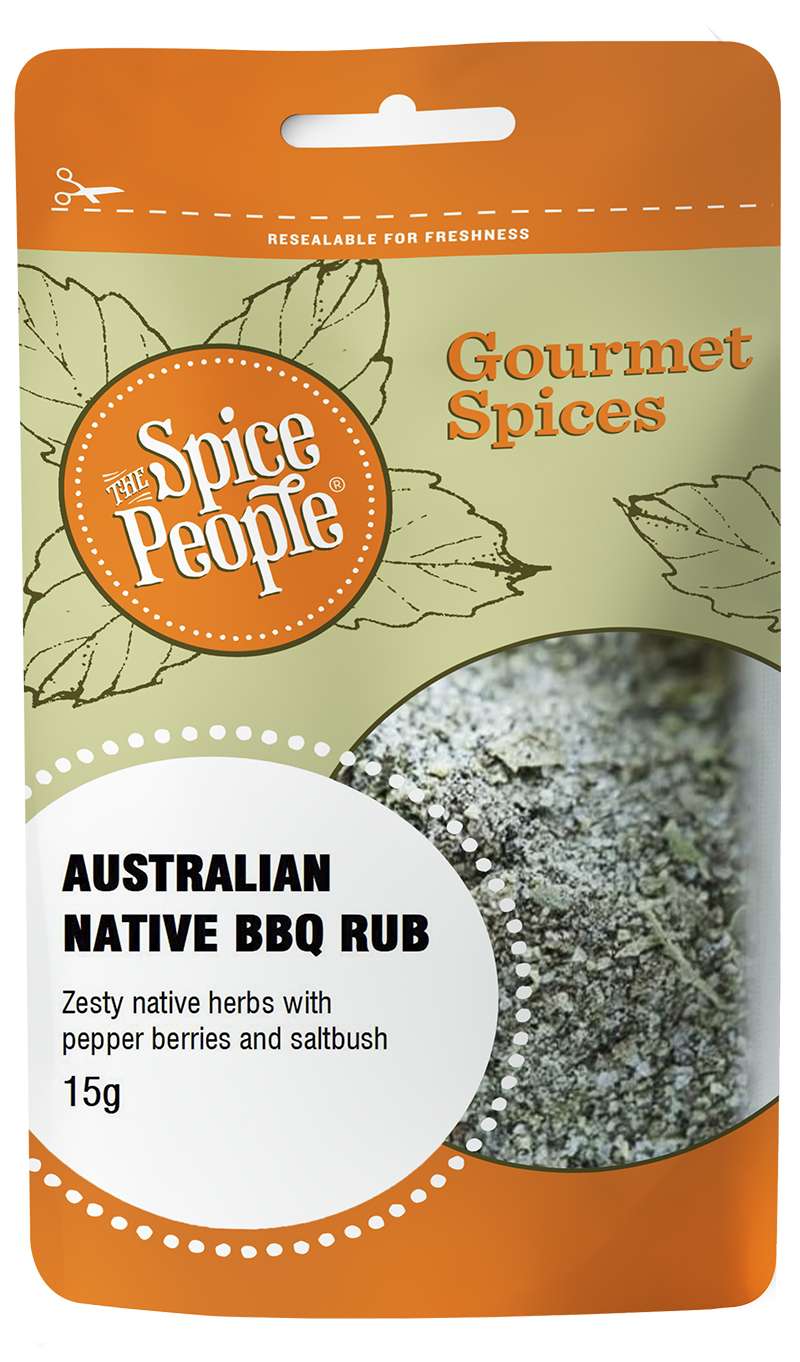
Australian Native BBQ Seasoning – 15g
Original price was: $4.99.$3.49Current price is: $3.49.
Search
Recent Posts
Categories
How to
health heros
Spice travels
Discover more Spices
Similar Blog Posts
Join the Spice People to Get Started on Your Culinary Spice Journey!
Be the first to hear about our exclusive promotions, new product releases, recipes and more.
